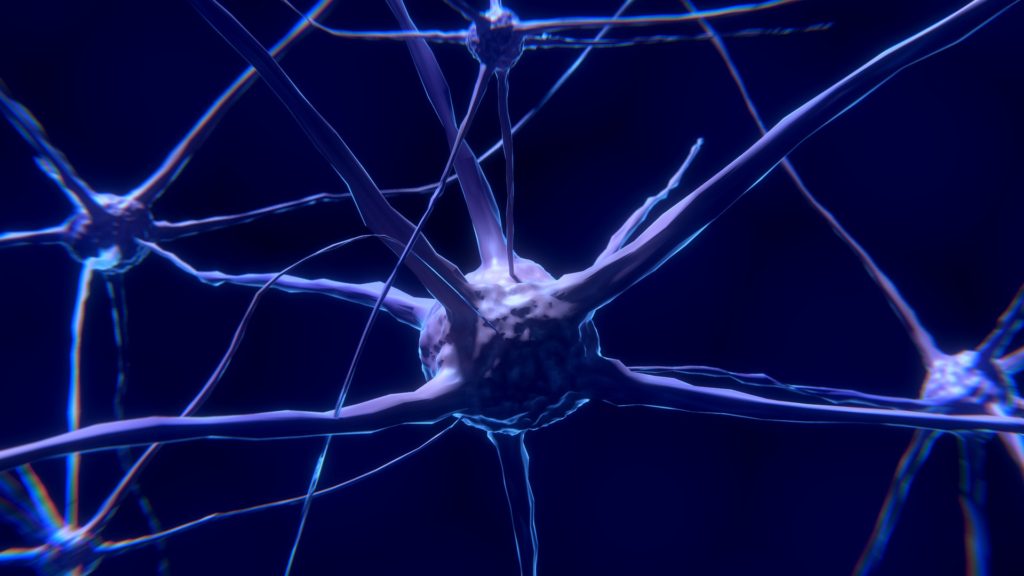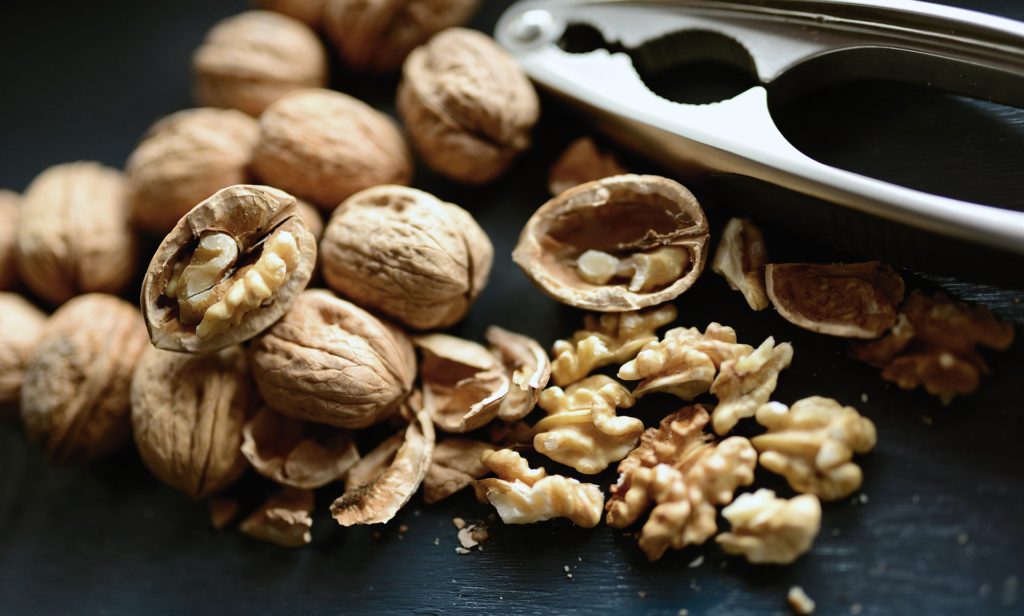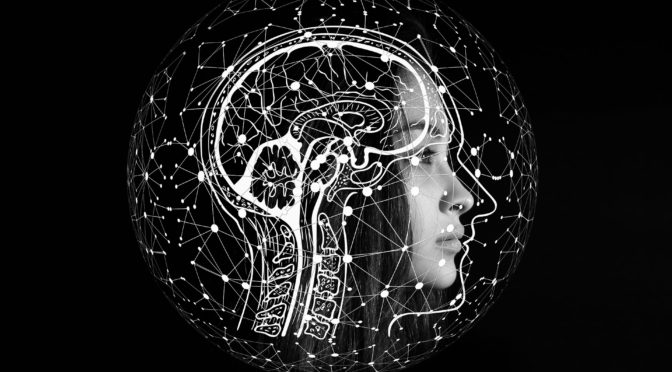There are a few vitamins that can really make a difference in your brain health. These are B1 (thiamine), B2 (riboflavin), B3 (niacinamide) , B6 (pyridoxine), and C (ascorbic acid). You may want to take these regularly if you have a history of poor memory or other cognitive problems.
These vitamins work together to help you remember things better, improve your mood and energy levels, and even help prevent Alzheimer’s disease.
Key vitamins and nutrients that benefit brain health
Omega-3 fatty acids
Vitamin B12
Ginseng
Ginkgo biloba
Pine bark extract
Green tea extract
Vinpocetine
Alpha-lipoic acid (ALA)
You may start to recognize a pattern here. The bad news is that this article is going to tell you that there is no magic bullet for brain health. (You can relax, though: there also isn’t a magic bullet for making your hair grow faster or for getting 6-pack abs.) The good news is that it’s not hard to do the things that will help.
Vitamins are one of those things, but not because they’re some secret shortcut. They’re part of a healthy diet, which is one of the main things you can do for your brain as well as for your body.
We tend to hear more about vitamins and supplements than about other parts of a healthy diet because vitamins are the only parts of a healthy diet you can buy in pill form.
How to Keep the Brain Healthy
There is no secret to keeping your brain healthy: all you have to do, as with any other organ, is keep the rest of your body in good shape.
You need to eat a healthy diet and get plenty of exercise. You might also benefit from mental exercises, but it may not be as important as many claim.
In general, you should expect your brain to work just fine as long as it’s getting the same things other parts of your body want: good food and drink, lots of oxygen and not too much stress.
There are a number of things we could do to improve our brains as we age, but a good first step would be to figure out what’s going wrong. Doctors can tell us if our heart or liver is in trouble, but it’s not yet possible to diagnose most brain diseases in their early stages. We can’t cure what we can’t diagnose.
A more complete picture of the brain’s health would allow doctors to develop new treatments for dementia and other diseases. And it would help them diagnose these diseases earlier, when treatment could make a bigger difference.
A growing number of neuroscientists believe that progress toward this goal will require serious study of the brain’s immune system. The brain is insulated from the rest of the body by something called the blood-brain barrier.
It’s a firewall made up of tightly packed cells that protect the brain from pathogens and toxins that might enter the body through blood or lymph. But this firewall also keeps out many drugs that might be used to treat brain disease.

Minerals Help Keep Our Brain Healthy
Minerals are found in foods such as meat, fish, eggs, whole grains and dairy products. Fruits and vegetables are good sources of some minerals, but not others. The type and amount of minerals a food contains depend on the mineral content of the soil where the food was grown or raised, and how the food was prepared or processed before you ate it.
You need to know what essential nutrients your body needs in order to survive, in order to stay healthy, and in order to perform at a high level.
You need vitamins, minerals, antioxidants and essential fats in your diet.
Calcium – Calcium is a mineral that the body needs for numerous functions. It’s needed for muscle and digestive health, nerve signaling, and blood clotting. It also helps build strong bones and teeth.
Chloride – This mineral helps balance fluids in your body. It also helps maintain blood pressure and plays an important role in digestion.
Chromium – Chromium is a mineral that humans need in trace amounts. The body uses it to aid in metabolism, or the way your body turns food into energy.
Cobalt – Cobalt is an essential trace element for all animals and plants. In animals, including humans, it is found as a component of vitamin B12 (cobalamin). The human body requires cobalt as a trace nutrient for the normal production of red blood cells by bone marrow. Cobalt has been shown to increase growth rate in ruminants.
Copper – Copper is an essential mineral which plays a crucial role in making red blood cells and maintaining healthy bones, blood vessels, nerves, and immune function. Copper also assists iron in carrying oxygen throughout your body and supports proper growth of children.
Iron – Iron is needed to make the hemoglobin which carries oxygen around your body and it is also used in other parts of the cell.
Good nutrition is vital to brain health. There are many minerals that are needed for brain health.
Top 4 Brain Health Supplements
Vitamins That Help Keep Our Brain Healthy
We all need to stay healthy and we are told that eating a balanced diet is the best way to do this. Eating fresh fruit and vegetables can help to keep our brain healthy but does not actually improve our memory or thinking skills. But what vitamins should we be including in our diet?
There is currently no evidence that any vitamin or nutrient can improve memory or other mental abilities in people with dementia. However, research has shown that there are certain vitamins and nutrients that can help boost our brain health and help to prevent the onset of dementia.
The brain uses up 20% of your body’s energy so it is important to eat a balanced diet every day. To keep your brain healthy as possible, you should be aiming to include each of the following vitamins and nutrients in your daily diet:
Vitamins are vital to our health. They keep our bodies functioning at their best every day. But did you know that certain vitamins can help keep your brain healthy, too? Here’s a look at some of the vitamins that are essential to a healthy body and brain.
Vitamin B6 is vital to your brain health because it helps produce the hormones serotonin and norepinephrine, which regulate mood, and melatonin, which helps promote sleep. It also plays a role in memory function.
Vitamin B12 is important for maintaining healthy nerve cells and red blood cells. It also helps with DNA replication, which is essential for all cells in your body, including brain cells.

Foods That Help Keep Our Brain Healthy
Our brain is a muscle. And just as in any other part of the body, muscles need good nutrition. We may not think about it much, but what we eat affects how our brains work.
Some foods are better than others for keeping your brain healthy and helping you do your best thinking. These are the kinds of foods scientists call “brain boosters.” The best brain boosters help you learn faster and remember more. They also give you energy and help keep you focused.
Brain boosters include fruits and vegetables, nuts, fish, whole grains, and seeds. Some of these foods are rich in omega-3 fatty acids. These are special kinds of fat that our bodies need to function properly.
The brain is mostly fat, and every cell in our body needs omega-3’s to work well. Foods high in omega-3s include flaxseed oil, soybean oil, walnuts, pumpkin seeds, canola oil, kiwifruit, and leafy green vegetables such as spinach and kale.
Other foods help fuel our brains by providing glucose (glucose). Glucose is sugar that provides energy for our brains to use to think and remember things. Good sources of glucose include whole grain breads and cereals; fruits such as bananas,
The most important thing for our health is to ensure that our brains are working properly. This means we need to eat a healthy diet. We should eat lots of fruit and vegetables every day, at least five portions, and we should cut down on high fat and sugary food.
Also, exercise is very important for keeping us fit and healthy. We all know that it can help us to lose weight and keep our heart healthy, but it is also good for our brain. As well as our body getting fitter, research has shown that exercise can increase concentration levels and help us to think better.

How Much Sleep Do We Need For Brain Health
A study published by the American Academy of Neurology found that people between the ages of 45 and 80 who slept for less than five hours a night had much higher levels of a protein called tau in their blood, which is a marker for Alzheimer’s disease.
In fact, it wasn’t only those who slept for less than five hours but also those who slept for more than nine hours. Those in the middle range, between six and nine hours, showed much lower levels of tau.
The lead author Dr. Barbara Bendlin said that “the findings suggest that there is a narrow window for sleep duration where tau levels are optimal for brain health.” She went on to say that “while it is not clear how sleep may affect tau levels, we know that getting enough sleep is important for brain health and that getting too little or too much sleep can raise your risk of cognitive decline, dementia and other neurological problems.”
We know that we need sleep for optimal brain health. We’ve known this for years, but now we are beginning to understand the reasons why. A new study looked at the effects of sleep deprivation on activity in certain brain regions, and found that insufficient sleep can cause the brain to eat itself.
Conclusion
Vitamins are good for our brain, and we should take them regularly. Now that is a good news for all of us, because who doesn’t like to have a brilliant brain?
Vitamin supplements are considered to be very good in treating brain and other body related problems. These supplements are available in the form of tablets, capsules or gel and you can take them orally or use as prescribed by your doctor.
They are completely safe if taken as per recommended dosage, however they may be harmful if consumed in high doses. Therefore it is very important to consult a qualified doctor before taking any vitamin supplement.
Vitamins are important for brain function, and deficiencies in certain vitamins may result in neurological problems. Vitamins are classified into two categories: water-soluble and fat-soluble. The B group of vitamins and vitamin C are water soluble, while vitamins A, D, E and K are fat soluble.
Water soluble vitamins are not stored in the body, so need to be consumed regularly. In contrast, fat-soluble vitamins can be stored in large amounts in the body tissue. Symptoms of a vitamin deficiency can appear gradually as stores of vitamins run out, or may occur rapidly if there is a serious lack of vitamins.
The brain needs a variety of nutrients to function properly. These include glucose, fatty acids and amino acids. The brain also needs some vitamins that are converted into compounds used by the brain to aid cognitive functions such as memory and concentration.
Disclosure: I may receive affiliate compensation for some of the links above at no cost to you if you decide to purchase anything. This site is not intending to provide health or financial advice. This is for entertainment only. Please consult a professional as you see fit.
